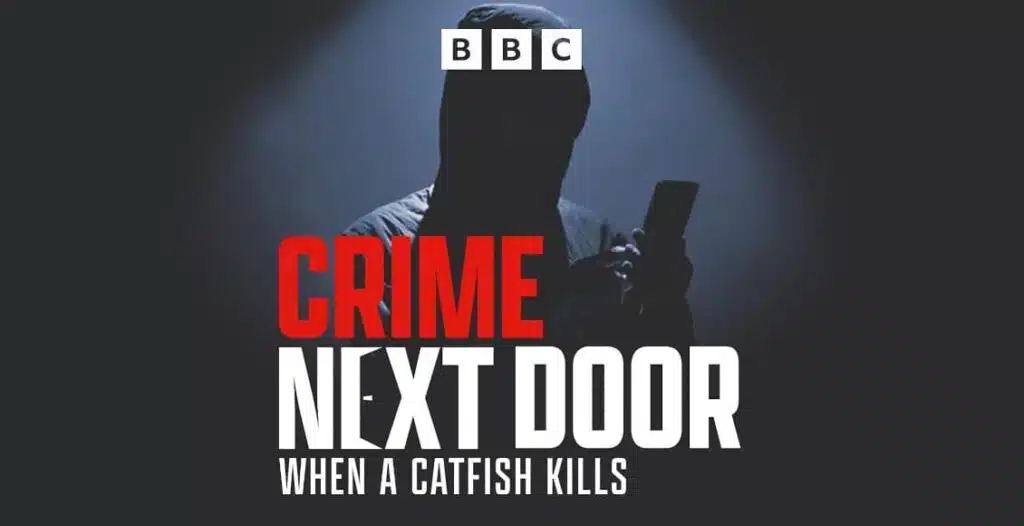The internet was supposed to connect us — but for thousands of children worldwide, it became a hunting ground. A chilling new BBC Sounds series, “Crime Next Door – When a Catfish Kills,” uncovers one of the most disturbing cases of online deception ever recorded: the story of Alexander McCartney, a Northern Irish student whose carefully crafted online persona left devastation across continents.
Crime Next Door – When a Catfish Kills | BBC Podcast Exposes Deadly Online Deception

Who Was Alexander McCartney – and Why Is His Case So Shocking?
McCartney wasn’t a household name until his arrest — but his crimes were already shaping lives long before headlines broke.
He posed as “Chloe”, a friendly, approachable teenage girl on popular social media platforms. His goal was simple yet sinister: gain trust, manipulate emotions, and eventually exploit young victims into sharing explicit images.


